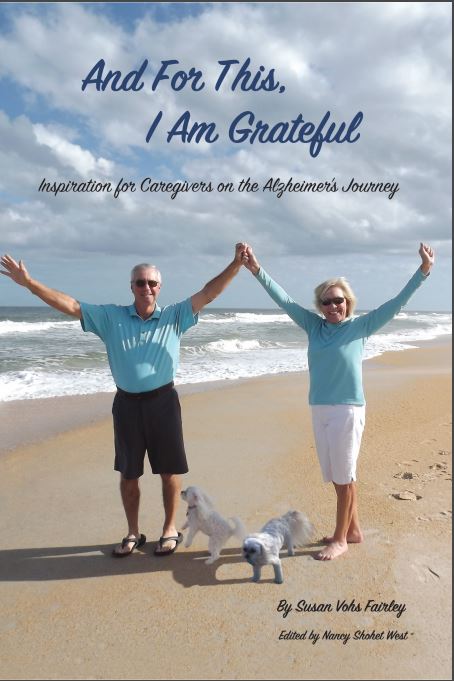"Who named you?," I’d ask my students. "How was your name chosen? Were you named after someone? Do you like your name? Have you ever changed your name?"
It was a comfortable way for novices to find an accessible entry into personal writing. They may have not felt ready yet to delve into complicated memories or intense emotions, but everyone could recount what their families had told them about the origins of their given name. (In my case, born to a high school teacher, I was named after Dad’s favorite student that year. The fact that I come from generations of lifelong Democrats and this particular 15-year-old Nancy happened to be a member of perhaps the country’s best-known Republican family didn’t bother my parents a whit, apparently.)
Not until recently did I think about whether we each have equally interesting memoir stories related to what other people call each other. Last week, my father was invited to give a talk at a local luncheon for senior citizens. Now long retired from teaching, he still enjoys the occasional public speaking opportunity, and my mother and I were both happy we could be in the audience that day.
A couple of minutes into the speech, my father began to cough mildly. He looked a few rows back to where my mother was sitting and called out, “Mum, could you hand me a glass of water?”
Mum, I thought to myself. Oh, dear. Now this audience of one hundred knows that my father sometimes – well, often – calls my mother “Mum.”
It was something I’d long been mildly embarrassed by. It had a certain Ronald Reagan ring to it, for one thing, and besides that it was just weird. No one else I know, other than parents of babies and toddlers who are trying to model the speaking habits they hope their small children will soon exhibit, refers to their spouse as “Mom” or “Dad.” The thought of calling my own husband “Dad” makes my skin crawl.
But I also remember a specific time when something happened that made this family quirk just a little less embarrassing. I was in college and a new friend had come home with me for the weekend. She heard my father say “Mum” and remarked wistfully, “My dad used to do that, before my parents got divorced. I miss that. Now he doesn’t call her anything directly, and when he refers to her to me, he says ‘Your mother.’”
Stories like this come up now and then when I’m working with memoir clients. I start with the same questions I gave my adult ed classes years ago: What were you named? Who named you that and why? But sometimes other stories emerge as well. An Italian immigrant in her eighties told me about how when she was growing up, every Italian family she knew has a son called Sonny. Another client said he saw it as an emblem of his complicated blended family that he had two half-brothers both named Robert.
For my part, it’s probably time for me to outgrow my adolescent embarrassment and accept my parents’ peculiar nomenclature habits.
Besides, despite what I feared, Dad doesn’t always call Mom “Mum.” When I told my sister about the speech, the cough, the glass of water, and the ensuing slip-up, she said, “Oh good; I’ll tell my kids that story. Because they once asked me if Dad calls Mom ‘Grandma’ even when there are no grandchildren around.”
So yes, what we are called matters to our story – and sometimes what other people are called becomes part of our story as well. Whether amusing, embarrassing, or just factual, it’s yet another lens through which to look at ourselves and our lives.

 RSS Feed
RSS Feed